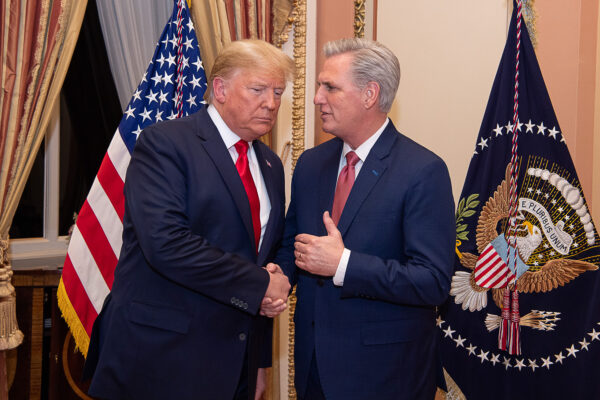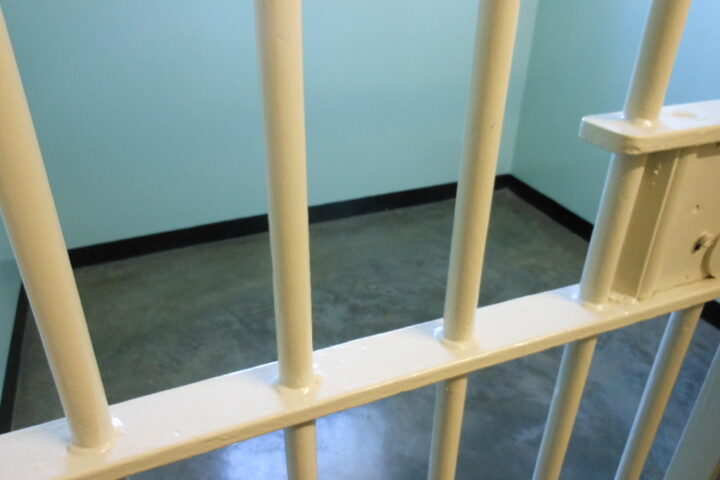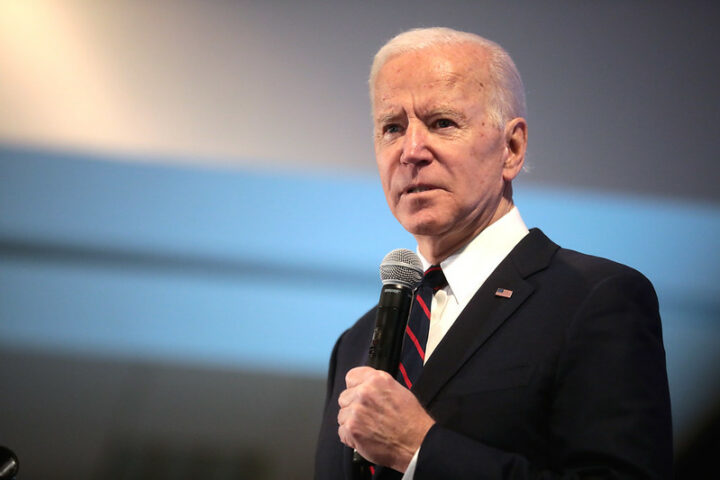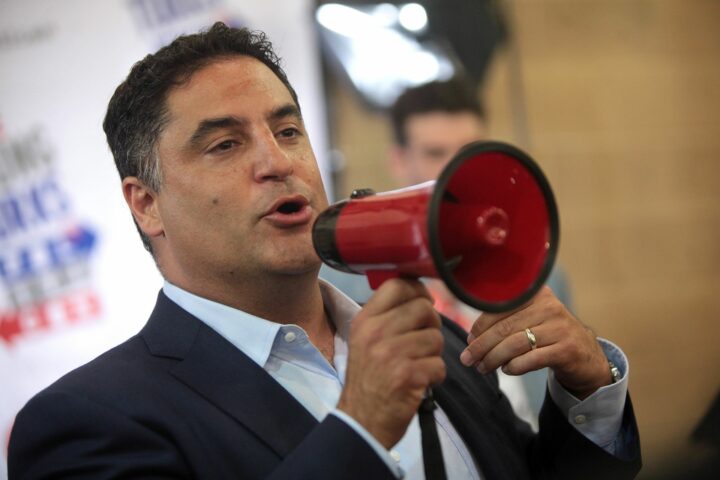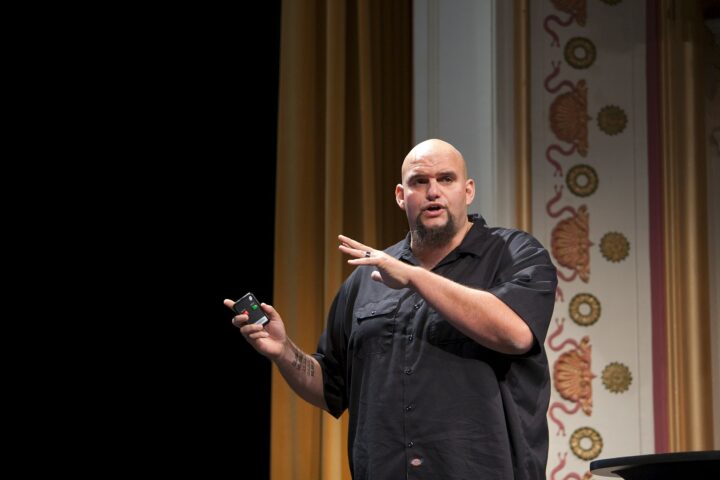The House will reportedly vote on a Speaker on Tuesday afternoon, showing if House Republican Leader Kevin McCarthy (Calif.) has the confidence of his conference to head a new House GOP majority.
The outcome of the vote is far from certain. McCarthy is facing strong opposition from a small group of hardline Republicans who are threatening to wreck his campaign despite his willingness to accommodate their demands, while his supporters insist they would vote for McCarthy alone.
If no candidate receives a majority of votes on the first ballot, the House will have additional elections for Speaker for the first time in a century. McCarthy can afford to lose four votes with 222 Republicans to 212 Democrats, provided every member votes for a candidate.
The 118th Congress convenes at midday. Following a prayer, the Pledge of Allegiance, and a quorum call, the House will proceed to Speaker nomination speeches and a vote to choose who will hold the gavel.
McCarthy’s opponents have argued for weeks that he does not have the votes to be Speaker.
Five House Republicans have stated unequivocally that they would not vote for McCarthy.
Dissatisfaction with lower-than-expected midterm election gains, displeasure with a McCarthy-aligned PAC interfering in GOP primaries, calls for rule changes that would strip McCarthy of power and give more power to rank-and-file members, and a desire for a more aggressive stance on investigating the Biden administration are among the many reasons cited by those in the GOP opposed to McCarthy’s speakership.
Although McCarthy attempted to appease some who opposed him by agreeing to certain limited concessions it appears that those who opposed to him have yet to change their position.
The last time the Speaker vote was decided by a multiple ballots was in December 1923. It is unclear who could garner enough support to become speaker if McCarthy fails.
[READ MORE: The Five Republicans Voting Against Kevin McCarthy for Speaker]

